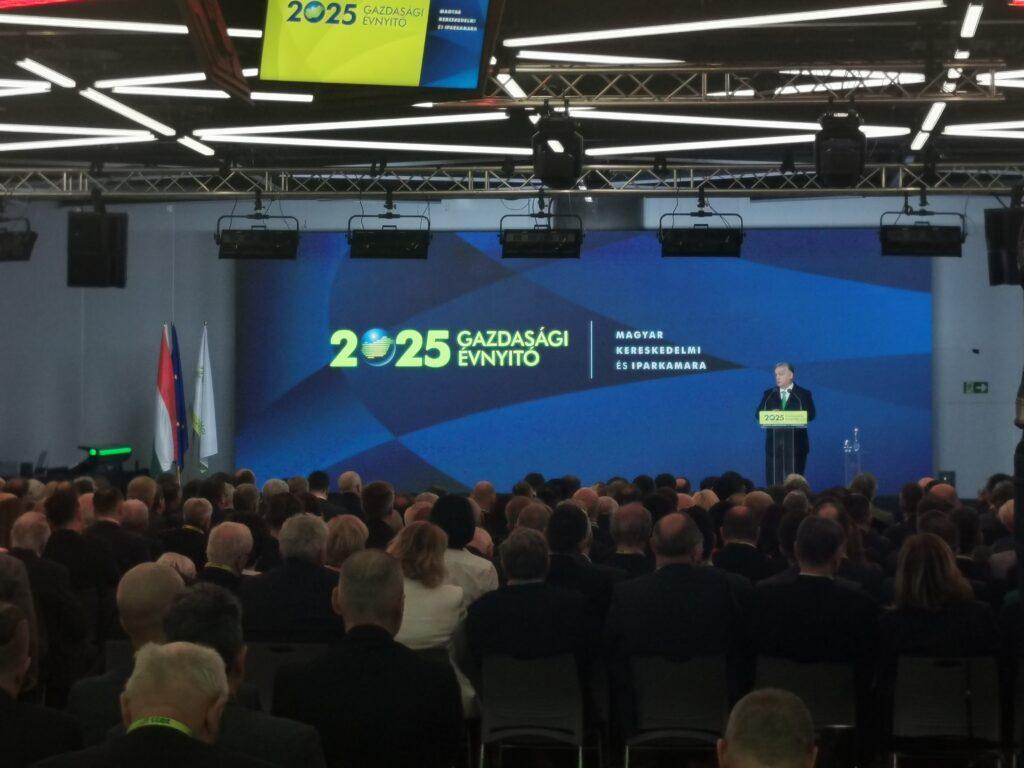Viktor Orbán presented the four points of the Hungarian economic strategy
Prime Minister Viktor Orbán outlined the four key pillars of Hungary’s economic strategy at the 2025 Economic Opening Ceremony. At the event, the Prime Minister spoke not only about future opportunities but also about economic challenges.
The Four Pillars of Hungary’s Economic Strategy
- Economic Neutrality: Hungary must maintain good relations with all nations, including China and Russia. According to Orbán, the European Union has isolated itself from the USA, China, and Russia due to sanctions, but Hungary must avoid this situation.
- Peace: The Prime Minister stated that the country could not endure another three-year period resulting in a loss of 20 billion euros.
- Tax Reduction: Viktor Orbán reaffirmed that the economic system based on work, family support, and tax cuts will remain in place in the long term.
- Demján Sándor Program: This program aims to help restore momentum to the Hungarian economy.
“We Are the Government of Tax Cuts”
The Prime Minister emphasized that the fundamental elements of the Hungarian economy will not change. He recalled the government’s recent promise of tax exemption for mothers with two or three children, which will be permanently embedded in the system and will not be altered.
The goal of the tax system is to encourage employment, family formation, and childbearing through low tax burdens.
Viktor Orbán highlighted that, compared to 2024, an additional 1,730 billion forints will be injected into the economy, primarily through SMEs, representing nearly a 50% increase.
The Prime Minister firmly rejected the idea that “distributing non-existent money” could improve social conditions. He emphasized that Hungary will continue to follow a work-based society approach.
Hungary’s Workforce and Competitiveness
The Prime Minister explained that Hungary still has 300,000 available workers who can be integrated into the labor market. Through the Széchenyi Card Program, businesses receive twice as much interest subsidy as the cost of the tax exemption for mothers with two or three children, which he estimated at 150 billion forints.
He also mentioned that future developments will focus more on rural areas rather than Budapest, as the capital has already surpassed 165% of the European Union’s average development level.
Related news
Stagflation and structural erosion in transportation: the profit recession of the Hungarian SME transportation sector has been going on for nine quarters
🎧 Hallgasd a cikket: Lejátszás Szünet Folytatás Leállítás Nyelv: Auto…
Read more >Related news
Lidl guarantees fairer prices for cocoa farmers
🎧 Hallgasd a cikket: Lejátszás Szünet Folytatás Leállítás Nyelv: Auto…
Read more >











